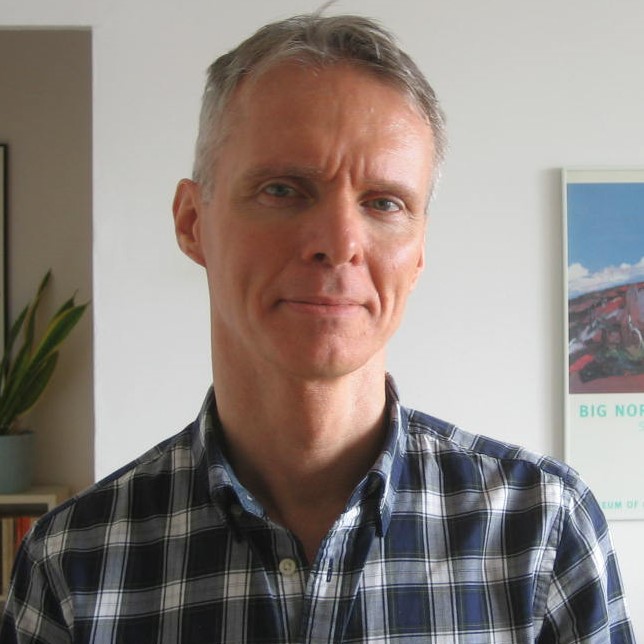In North America, educational campaigns about the dangers of unprotected sex have helped significantly slow the spread of HIV and AIDS among gay men. But in Ghana, where about a quarter of men who have sex with men are infected with HIV, safer sex has proved a tougher sell. LaRon Nelson, an assistant professor of nursing, is investigating whether a different approach to HIV prevention, involving discreet social pressure, will succeed in the small west African country.
Nelson has previously worked in a North American sexual health clinic but he faces a very different situation in Ghana, where homosexuality is illegal and condoms are expensive. People are also less likely to listen to medical professionals than they are in North America. Nelson’s solution is to take safer-sex education out of the clinic and into the community, using the people’s real-life social networks as a vehicle for promoting healthy behaviour. “If we want to change an individual’s behaviour or attitude, we have to change the attitudes of the people around him because he’ll respond to that more than a nurse saying, ‘You should do this’.”
Nelson’s first step will be to identify the networks and find out how they work. As part of an 18-month study scheduled to wrap up in December, he and his colleagues are investigating more than two dozen networks of sexually active men located in four different sites in Ghana. By the end of it, they hope to know more about the men’s way of life – including drug use, sexual behaviour and whether the men are influenced within their group by leaders or peers. Assuming the study goes well, Nelson and his team will then try to diffuse information and service via the networks. Such services might include testing for syphilis and other common sexually transmitted infections and treating certain sexually active men with anti-HIV medication before they contract the virus, a technology that has been proven to reduce the spread of infection by 50 per cent or more.
Recent Posts
U of T’s 197th Birthday Quiz
Test your knowledge of all things U of T in honour of the university’s 197th anniversary on March 15!
Are Cold Plunges Good for You?
Research suggests they are, in three ways
Work Has Changed. So Have the Qualities of Good Leadership
Rapid shifts in everything from technology to employee expectations are pressuring leaders to constantly adapt






One Response to “ Peer Pressure ”
Great article. I'm currently in Twifo Praso, Central Region, Ghana working on an HIV-AIDS project with a community based NGO named Action For Rural Education. I'd be interested in learning more about your findings!